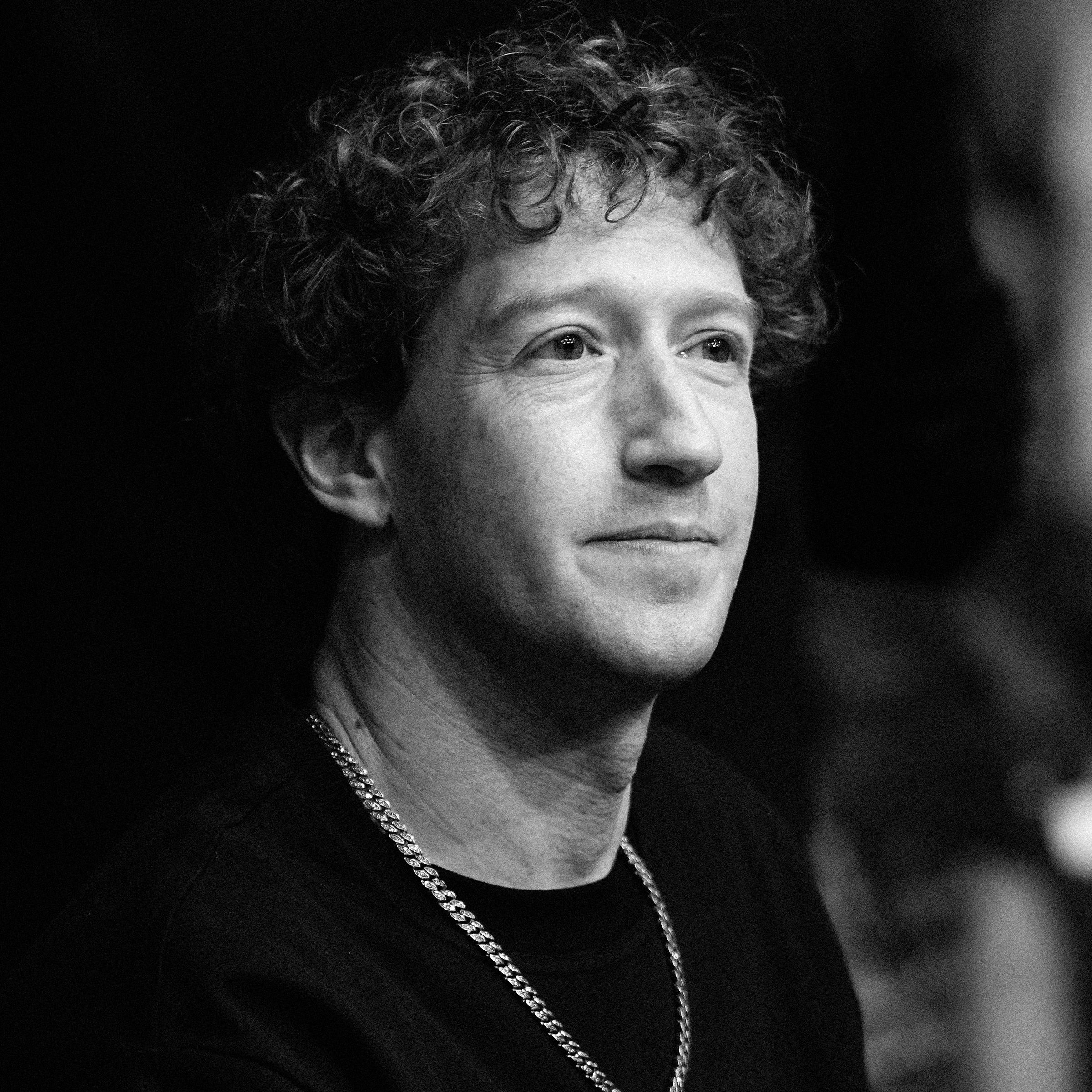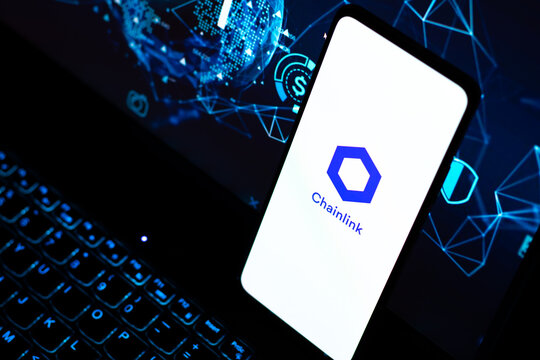The US Federal Trade Commission’s trial against Meta begins in Washington, DC on Monday, as the tech giant fights to avoid the spinoff of Instagram and WhatsApp. The FTC alleges that Meta illegally acquired the two startups in an effort to suppress competition.
Meta (then Facebook) bought the photo-sharing startup Instagram for $1 billion in 2012. About two years later, the company snatched up the chat tool WhatsApp for roughly $22 billion.
The FTC, one of the nation’s antitrust enforcement agencies, wants Judge James Boasberg to hold the tech giant liable for executing these mega deals to illegally maintain a social media monopoly. It has called on Boasberg to restore competition by ordering Meta to sell off its prized assets. A victory for the government could deter big tech companies from acquiring startups in the future, cutting off a key source of innovation and investment returns for venture capitalists.
The initial trial could last up to 37 days, wrapping as late as early July. If needed, a trial to decide on penalties would follow—likely next year. Appeals of any rulings could take additional years to resolve. So WhatsApp and Instagram aren’t going on sale anytime soon. But the possibility of losing two valuable properties helps explain why Mark Zuckerberg has reportedly been exploring a last-minute deal with President Donald Trump and White House officials to avert a fight in court. So far, those efforts appear unsuccessful.
Here’s what to expect as the trial kicks off.
What Is the FTC Arguing?
First, the FTC must prove that Facebook has a longstanding monopoly on “providing personal social networking services in the US,” according to its lawsuit. The category Facebook allegedly monopolizes includes services such as Snapchat and little-known MeWe, but notably excludes YouTube, TikTok, and other platforms that the FTC believes are more for watching videos by creators than following family and friends. From 2012 to 2020, Facebook commanded over 80 percent of users’ time per year within this narrowly defined market.
Second, it must show the acquisitions harmed competition in the social networking market. Around the time the Instagram and WhatsApp deal talks began, Facebook feared the threats that app startups posed to its monopoly, according to the lawsuit. Citing emails between Zuckerberg and other company executives—like Zuckerberg writing once that “it is better to buy than compete”—the FTC alleges that the company decided to buy nascent competitors to gain more time to figure out its own app development strategy. “Unable to maintain its monopoly by fairly competing, the company’s executives addressed the existential threat by buying up new innovators that were succeeding where Facebook failed,” the lawsuit alleges.
The FTC claims that after buying Instagram and WhatsApp, Facebook had fewer apps nipping at its heels and got away with providing less data privacy to users and more buggy and expensive services to advertisers. The deals also sent a message to competitors: companies trying to independently beat Facebook wouldn’t be able to get very far, the FTC says. This further stifled competition, according to the lawsuit.
What Does the FTC Want?
The commission would like competition to be restored, including possibly by having Meta divest Instagram and WhatsApp. That could be disastrous for Meta, which relies on Instagram for a significant portion of its ad revenue—an estimated 50 percent or more in the US. Other measures could include blocking Meta from completing similar deals in the future.
What Is Meta’s Defense?
The company’s primary argument is that the commission is defining the market too narrowly. Meta argues that a variety of social apps including TikTok and YouTube are very much competitors to Facebook. Add them into the mix, and Facebook can no longer be viewed as monopolist, the company says.
Should that argument not result in immediate victory for Meta, its other key contention is that the FTC has been unable to demonstrate that consumers and advertisers are worse off because of the company’s ownership of Instagram and WhatsApp—which it views as a requirement for the FTC’s case. Meta has said that the apps would not have become as successful as they are today without its stewardship. “The FTC must prove that consumers would have had more (or better) options sooner without the acquisitions,” the company’s attorneys wrote in court papers last week. “Meta respectfully submits that the FTC will not be able to introduce any evidence to satisfy its burden.”
Meta also asserts that the internal company emails allegedly about using acquisitions to thwart competition are meaningless, because it considers intent irrelevant to this case. What matters is whether the social media market today is less competitive than it was before the acquisitions, according to last week’s court filing.
Why Is Trump Involved?
The FTC filed the case at the end of President Trump’s first term at a time when Republicans controlled the commission 3-2. Two of the Republican commissioners voted against the filing at the time.
This January, after beginning his second term in the White House, Trump tapped Andrew Ferguson to chair the FTC. Last month, Trump fired two Democrats on the panel. The targeted commissioners are suing, arguing the move was an unconstitutional exercise of presidential power. In the meantime, the commission consists of just Ferguson and two other Republicans.
In the past, Trump complained that Meta allegedly censored conservative viewpoints on social media. In recent months, Zuckerberg has relaxed policies that Republicans criticized, and gotten personally involved in resolving a lawsuit Trump filed against the company after he was banned from Facebook in 2021. Meta also donated to Trump’s second inauguration fund.
The warming relationship has fueled public speculation that Trump could direct Ferguson and the FTC to drop or settle the antitrust case against Meta. Ferguson repeatedly has said he would follow a lawful order, without elaborating.
Rohit Chopra, a Democrat who in 2020 was one of the FTC commissioners who approved of the lawsuit, tells WIRED that it’s vital that the trial move forward and that evidence be allowed to see the light of day. “The allegations in the complaint relate to specific conduct, and we had a reason to believe that there is a violation of law,” Chopra says. “I hope it does not result in some cheap settlement that does nothing to fix the issues that we alleged.”
Initially, attorneys general representing 50 states and territories had joined the case against the acquisitions—so they could have carried it forward without the FTC. But the attorneys general bowed out after Boasberg ruled they had waited too long to sue. That time restriction, Boasberg decided, didn’t apply to the FTC.
The FTC and Meta declined to comment to WIRED.
How Would a Sale Even Work?
In the event Meta loses the upcoming trial, Boasberg would hear a separate trial on potential remedies. During Trump’s first term, Ian Conner, then the FTC’s director of the bureau of competition, said in a speech that the commission “will seek to unwind a merger when it’s the best way to restore competition.”
Meta and the FTC would each have a turn to pitch an ideal sale process—including the level of oversight and control the court would have over the divestiture. A key focus of the discussion would likely be any challenges involved in separating intertwined services. Meta has tried to increase connections among its apps, allowing users to post and communicate between them. “How much beneath the surface are they technically integrated and what would it mean to separate them,” says Andrew Gavil, a legal scholar at Howard University.
Investors, employees, and other Instagram and WhatsApp shareholders who cashed in when the startups sold to Facebook need not fret. They won’t have to return the money to turn back the clock on the apps, according to Gavil. “Think of it as forward-looking, not backward looking—[Instagram and WhatsApp] would not be restored to what they were when acquired but spun off in some form as they now exist,” he says.
Boasberg may be influenced by how Amit Mehta, his fellow Washington, DC district court judge, handles an antitrust case Google lost last year against the US Department of Justice. A penalties trial is scheduled to begin next month, which could result in Mehta ordering Google to divest some of its services such as the Chrome browser.
It is rare that a company like Meta would be forced to unwind a completed acquisition. Even an FTC case involving a prosthetics and orthotics manufacturer that had been moving toward a complete divestiture ultimately resulted in most of the deal staying in place.
If Meta loses the upcoming trial and the judge orders a breakup, the court could appoint a trustee to oversee an auction process and vet potential buyers for Instagram and WhatsApp. Meta could have to share some user data and technology with the spunoff units at no cost, and its competing product development efforts could be temporarily paused, according to Gavil.
Who’s Expected to Win?
It’s difficult to predict without hearing the testimony expected in the coming weeks from current and former Meta executives such as Mark Zuckerberg and Sheryl Sandberg, antitrust experts, and the company’s competitors. Gavil, the Howard University law professor, says the FTC could be considered an underdog. The harms to consumers and advertisers from the acquisitions are fuzzier than would be ideal for an antitrust case, he says. And Boasberg has been skeptical of some of the commission’s arguments, even writing last year that some of “its positions at times strain this country’s creaking antitrust precedents to their limits.” But in the end, he has given the FTC a fighting chance.




